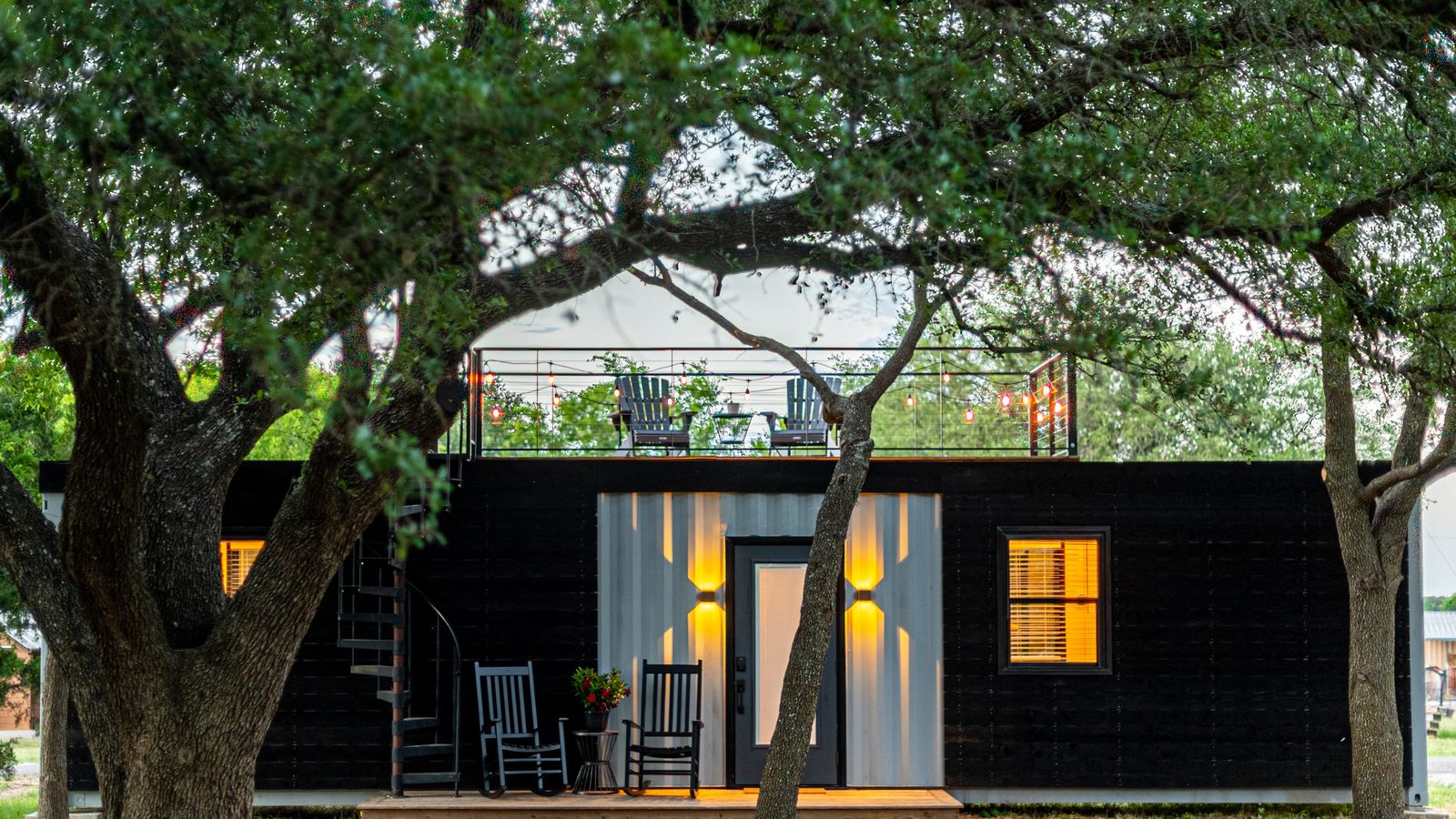Tiny Homes, Large Impacts: Benjamin Levine (MSW’23, MPH’24) Awarded Pardee Center Fellowship

Benjamin Levine (MSW’23, MPH’24) was chosen as one of eight BU graduate students for the Frederick S. Pardee Center 2022 Graduate Summer Fellowship. Students in this 10-week program will explore areas of interest, conduct research, and submit a research paper for consideration in the Pardee Center’s publication series.
The program fosters knowledge on interdisciplinary research and connects fellows with staff, faculty, and other experts. Levine will explore the housing crisis in urban areas, specifically the feasibility of tiny homes for individuals, communities, and cities. “This will hopefully make me better able to produce a work of immediate value and establish a foundation of knowledge for future works of mine,” Levine says. “I would like to achieve better research skills and establish contacts with peers who have similar interests. A network would allow me to approach future projects and complete them to a higher degree, which would transform my research into more actionable steps for policy makers.”
Levine’s work was inspired by interactions with a tiny home designer who used shipping containers to build homes. This inspired Levine to look into the affordable housing potential of tiny homes, especially in places where housing is increasingly unaffordable. “Affordable housing is treated as a low priority by many municipalities and has a great deal of stigma attached to it,” says Levine. “Large housing projects often sequester low income individuals from the public resources they rely upon, and the potential for better opportunities.”
Levine aims to shift the perception that affordable housing can only exist in less desirable or isolated areas. Instead, tiny homes can allow residents to have access to the resources and facilities available to other renters. Levine states that this is a way to change negative perceptions about affordable housing. “Incorporating tiny homes into urban environments serves as a way to insert low income individuals into more diverse areas and reduce stigma while retaining the cost effectiveness usually required for housing this population.”
This project will look at current housing policies, zoning laws, and humane aspects of tiny homes. “My research will reduce the stigma attached to such projects and utilize existing resources rather than pushing low income individuals to areas where there is no support.”